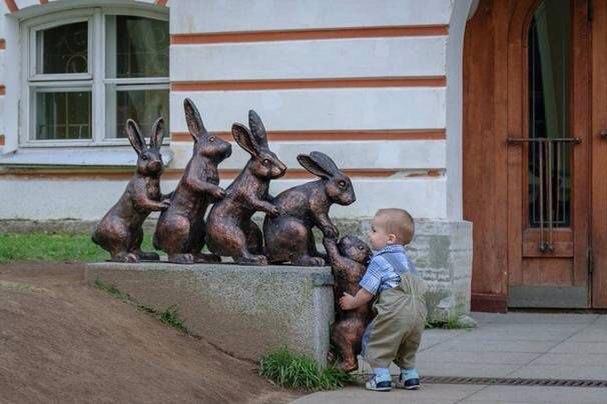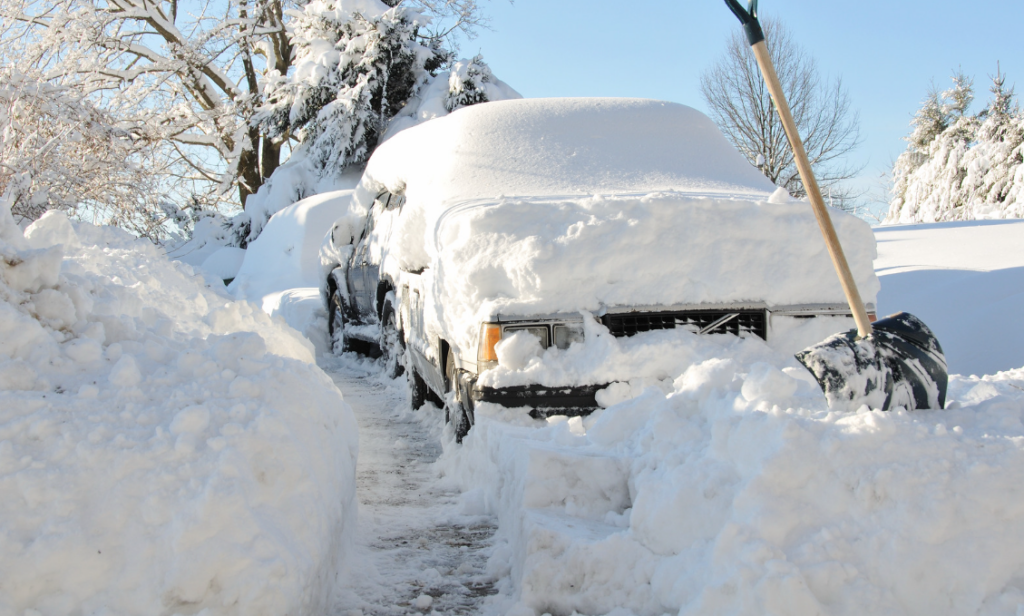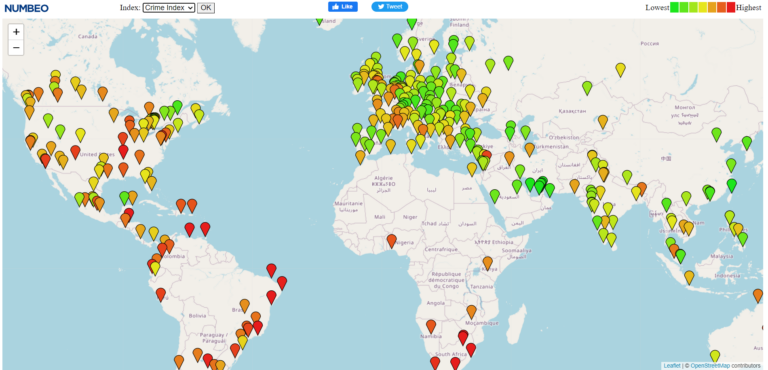If you think that many people would disagree with this statement - you are right. The idea that people are inherently selfish, that we can only rely on ourselves, and that the world is a cruel place with increasingly more bad things happening stubbornly persists in the public mindset.
Many are convinced that the world is becoming an increasingly dangerous and worse place. But is it really so? If we examine the data for indicators such as life expectancy, the extent of extreme poverty, the number of endangered species, or access to education in all countries, it's not true.
The Gapminder's website you can test your knowledge by answering simple quiz questions in ten different areas, you can find out how accurate your perception of the world's situation is. Are you up for the challenge?
(The site is in English, but if English is not your first language, here's a trick: in the Chrome browser, right-click -> "translate to x," and you'll get a nearly accurate translation.)
But where does this pessimism come from? Why do we often feel like there are so many terrible things happening every day? The short answer is that it's because we read the news. A lot of it. The news is all about where and what horrific things have happened again. It's about the exceptional, the extreme, the exciting, the horrifying. In a matter of minutes, we learn about a particularly gruesome murder on the other side of the world. We'll never know that on that day, in that city, hundreds of thousands of people were peacefully living their lives, taking their kids to school, proposing to their loved ones, and buying groceries for their sick neighbors. This is why irrational perceptions of the world's danger are formed – even in a relatively safe country like Hungary.
Did you not think Hungary is safe? You can check on Numbeo's map whether it is compared to other places.
I'm not claiming that everyone is always good - that would be foolish and untrue. There are indeed many terrible things happening in the world (how many wars are currently taking place?), but it's important to keep things in perspective. There is a challenging and irreversible effect when we are mistaken.
If we assume that people are selfish and vile and treat them as such, we can actually bring about the very mistreatment we fear. Furthermore, we can misinterpret our experiences by assuming malicious intent in situations and events where there was none.
If you want to reevaluate your perception of human evil, it's worth picking up Rutger Bregman's book. The Dutch historian challenges conventional ideas, myths, and research about human violence. Did you know that when a group of shipwrecked boys actually ended up on a deserted island, it didn't quite turn out like what Golding wrote in "Lord of the Flies"? Did you ever think that when examining the firearms from the American Civil War, it becomes evident that a significant portion of muskets was never fired at all?

And you don't have to go that far - everyone remembers that particular March 15th when half of the country was stuck on a road in the snow, and the other half did everything they could to help. In moments, a multitude of people, local communities, Facebook groups, and local authorities set out to rescue, opened heated places, shoveled, brought blankets, and made sandwiches. Do you recall when during the 2013 floods, thousands of people showed up at critical locations to fill sandbags? During the Covid lockdowns, many did the grocery shopping for vulnerable neighbors and acquaintances. At the outbreak of war, one organization's donation drive caused traffic chaos as so many people arrived in their cars to help in response to the call.
Do you also have stories like this? Send it!










